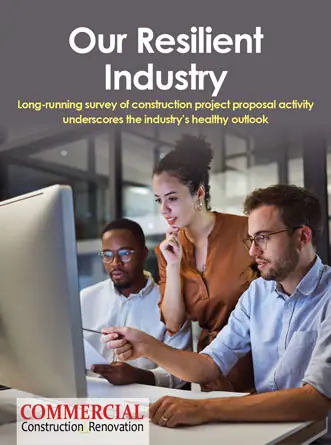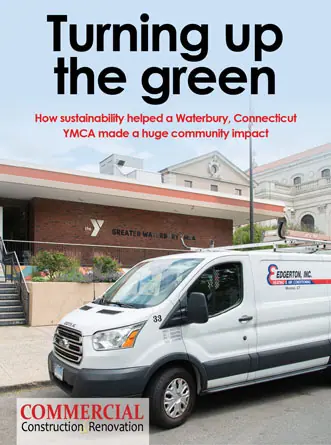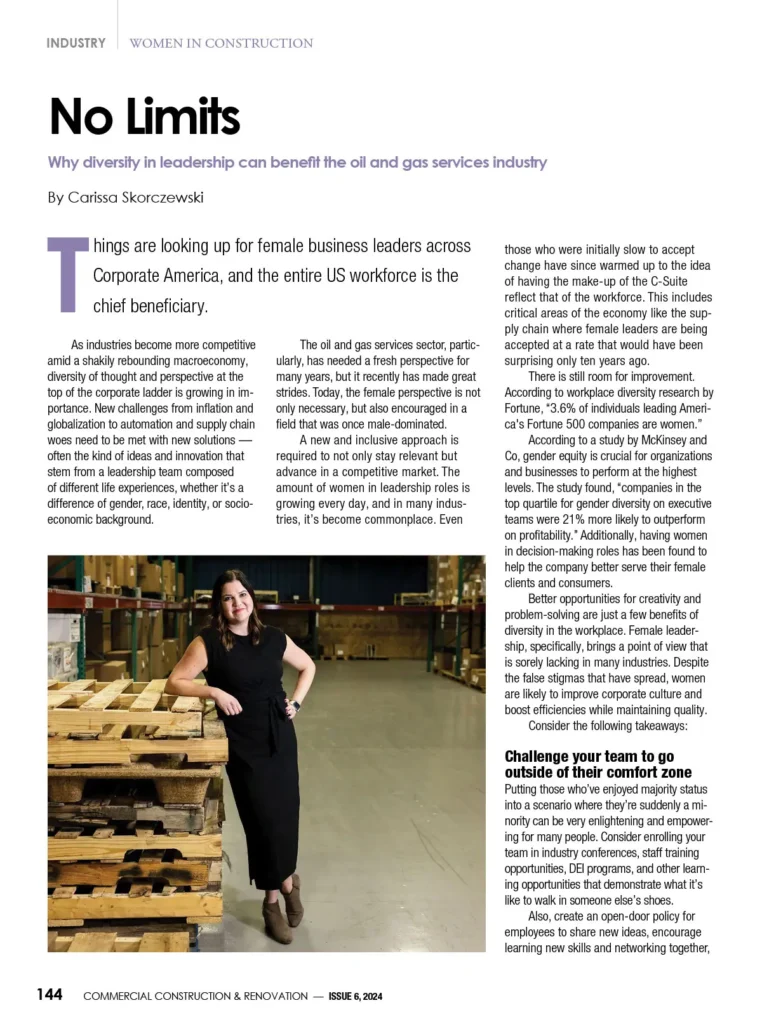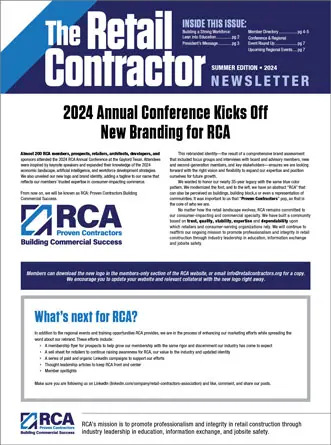If you’re involved in the commercial construction and renovation industry, then you know the challenges that come with managing waste. It’s a topic that often leads to complications.
From meeting legal requirements to preserving the environment and enhancing reputation management. But navigating these hurdles comes with rich rewards; improving efficiency, profitability, and ecological impact.
Understanding Commercial Construction
Commercial construction is a bustling area that bolsters economies worldwide. Yet traditional working practices often result in considerable waste. From initial designs to eventual structures, conventional approaches have their drawbacks.
Typically, materials are over-ordered to ensure sufficiency, leading to surplus disposal or storage costs later on. Also, subpar deconstruction methods can lead to unnecessary waste when renovating spaces.
Teaser – Constructing a Solution
Take this scenario diligently: You’ve just wrapped up a big renovation project in one of your working areas in Melbourne, and all are left with piles of unused materials. What if there’s an alternative scenario where you reduce, reuse or recycle most of that waste instead? Read on and discover how.
Why Focus on Waste?
You’ve likely heard the mantra “Reduce, Reuse, Recycle” countless times in your life. This principle is not limited only to everyday household waste; it largely applies to commercial construction as well.
Why?
Construction activities produce a large amount of waste that significantly impacts the environment if improperly handled.
Impacts of Improper Disposal
Improper waste disposal poses substantial health risks not just for workers but also for people living around your construction sites. Hazardous waste materials can seep into water sources or release harmful particles into the air when not correctly disposed of.
Legal Compliance for Waste Disposal
Construction sites must meet certain legislations to minimize negative environmental impacts and protect overall public health. Remember that ignorance doesn’t excuse anyone from penalties if laws are broken.
Innovative Waste Management Approaches
Prefabrication is achieving momentum in commercial construction due to its contribution to significant wastage reduction.
With parts manufactured offsite in a controlled environment, there’s less surplus material wasted on site. Similarly, deconstruction during a renovation project means selectively dismantling building components for reuse.
Implementing Effective Practices
It’s crucial for companies to establish robust policies regarding waste management at worksites followed by meticulous training for staff members. Your policy should outline best practices for storing, sorting, and disposing of various types of construction wastes.
Case Studies – Success Stories
A myriad of successful examples have paved the way toward more sustainable methods in commercial construction and renovation contexts. Consider learning from companies who made substantial strides in cutting down their waste production effectively by adopting novel strategies.
Future Trends in Construction Wastage
With advancements in technology making considerable strides every day across diverse sectors, it was inevitable that advancements would also occur within the sphere of waste management within commercial construction.
Economic Advantages of Waste Management
If you’re viewing waste management in commercial construction merely as a means to avoid legal penalties and improve your company’s image, you miss out on understanding its broader potential. Implementing effective waste management strategies could unlock new, potentially profitable ventures.
Let’s consider the resale or donation of unused materials and equipment. Not only does this minimize the impact on landfills, but it also provides the opportunity for tax deductions for charitable donations.










 The 2024 virtual Men’s Round Table will be held Q4, 2024, date TBD.
The 2024 virtual Men’s Round Table will be held Q4, 2024, date TBD.












